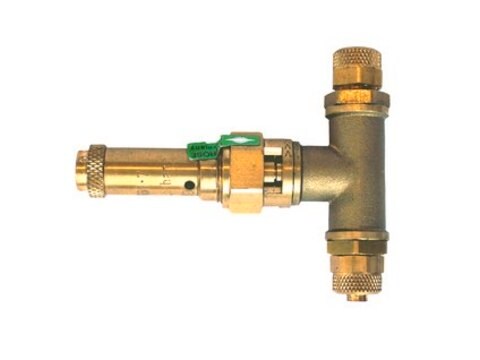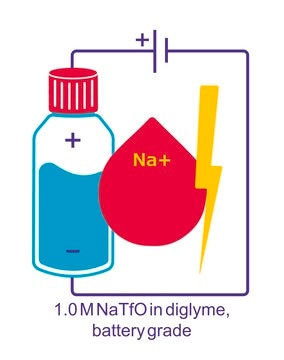AB5208
Anti-Sodium Channel Antibody, Voltage Gated, Brain Type III, pain
Chemicon®, from rabbit
Synonym(s):
Nav1.3, SCN3A
About This Item
Recommended Products
biological source
rabbit
Quality Level
antibody form
affinity purified immunoglobulin
antibody product type
primary antibodies
clone
polyclonal
purified by
affinity chromatography
species reactivity
rat, mouse
manufacturer/tradename
Chemicon®
technique(s)
immunohistochemistry: suitable
western blot: suitable
NCBI accession no.
UniProt accession no.
shipped in
wet ice
target post-translational modification
unmodified
Gene Information
human ... SCN3A(6328)
Specificity
Immunogen
( type III voltage-gated sodium channel VGSC)
Application
Western blot: 1:200 using ECL on newborn rat brain membranes.
Dilutions should be made using a carrier protein such as BSA (1-3%).
Immunohistochemistry: on fixed frozen sections.
Optimal working dilutions must be determined by the end user.
Neuroscience
Ion Channels & Transporters
Physical form
Storage and Stability
Analysis Note
CONTROL ANTIGEN: Included free of charge with the antibody is 40 μg of control antigen (lyophilized powder). The stock solution of the antigen can be made up using 100 μL of sterile deionized water. For negative control, preincubate 0.75 μg of peptide with 1 μg of antibody for one hour at room temperature. Optimal concentrations must be determined by the end user.
Other Notes
Legal Information
Disclaimer
Not finding the right product?
Try our Product Selector Tool.
Hazard Statements
Precautionary Statements
Hazard Classifications
Aquatic Chronic 3
Storage Class Code
11 - Combustible Solids
WGK
WGK 3
Certificates of Analysis (COA)
Search for Certificates of Analysis (COA) by entering the products Lot/Batch Number. Lot and Batch Numbers can be found on a product’s label following the words ‘Lot’ or ‘Batch’.
Already Own This Product?
Find documentation for the products that you have recently purchased in the Document Library.
Our team of scientists has experience in all areas of research including Life Science, Material Science, Chemical Synthesis, Chromatography, Analytical and many others.
Contact Technical Service






